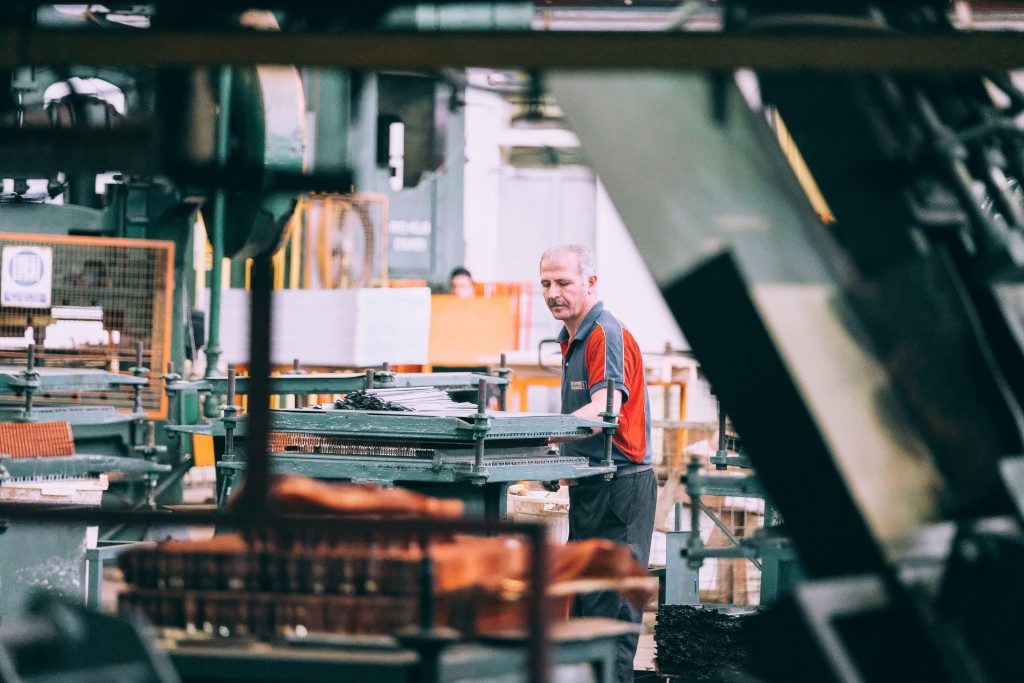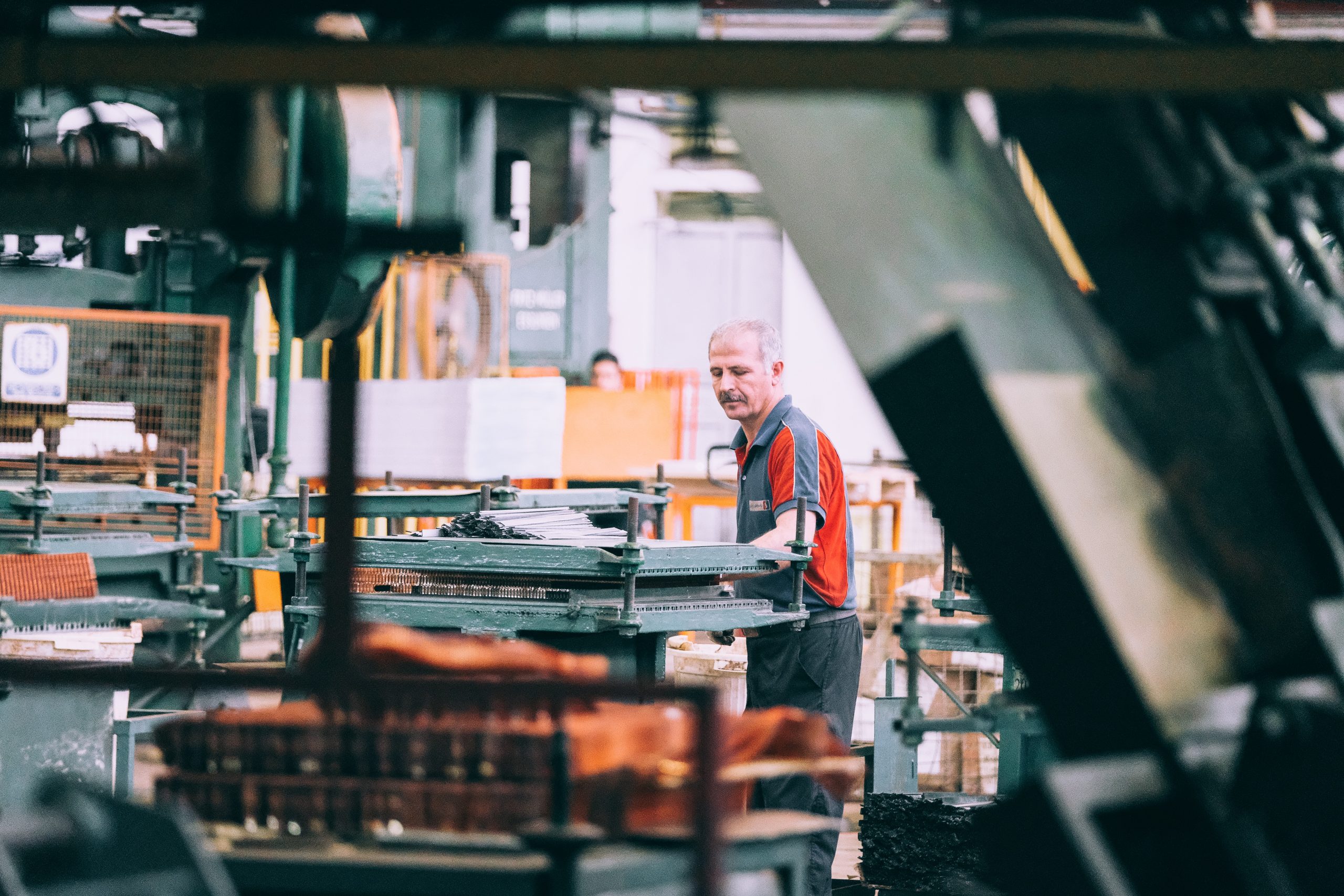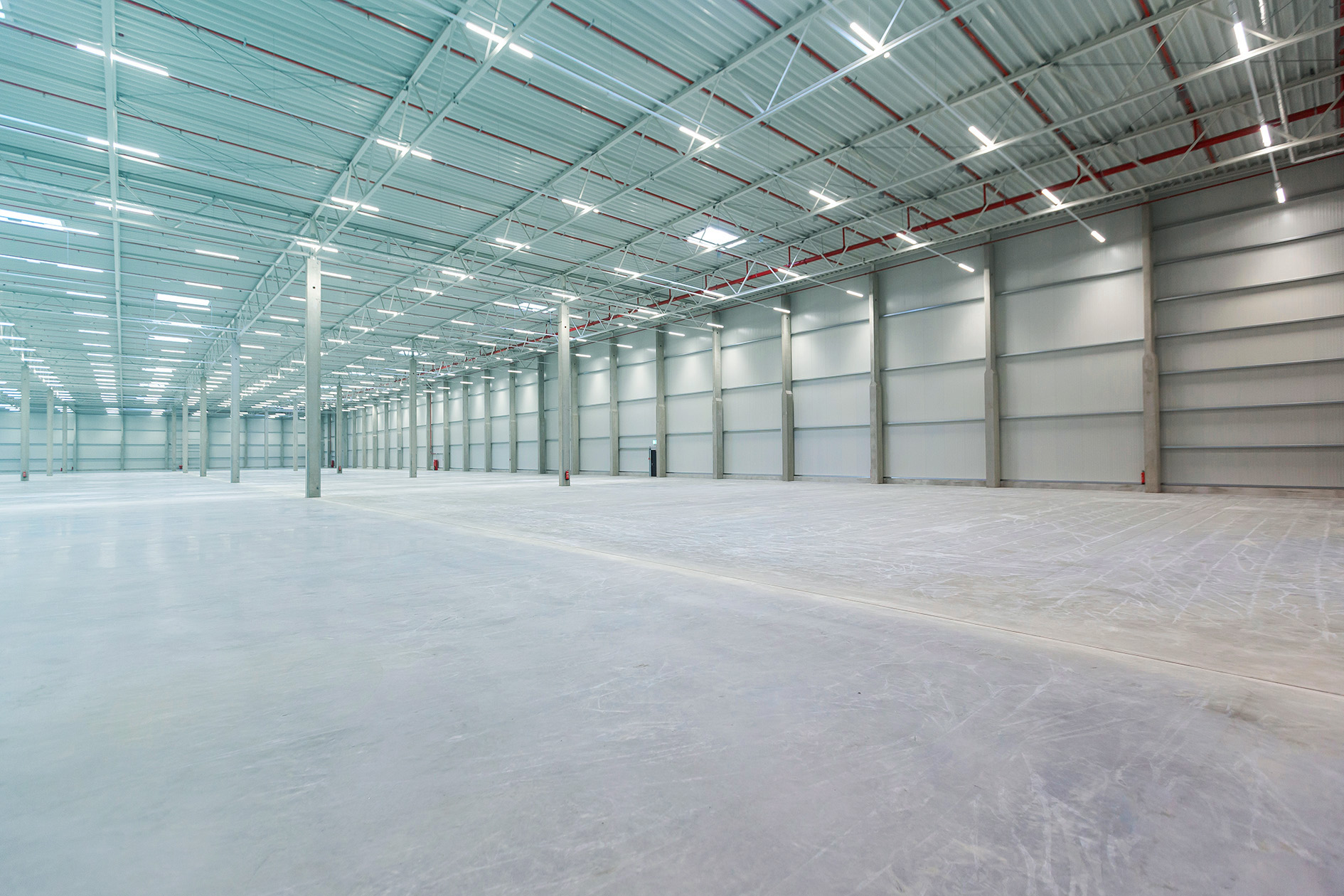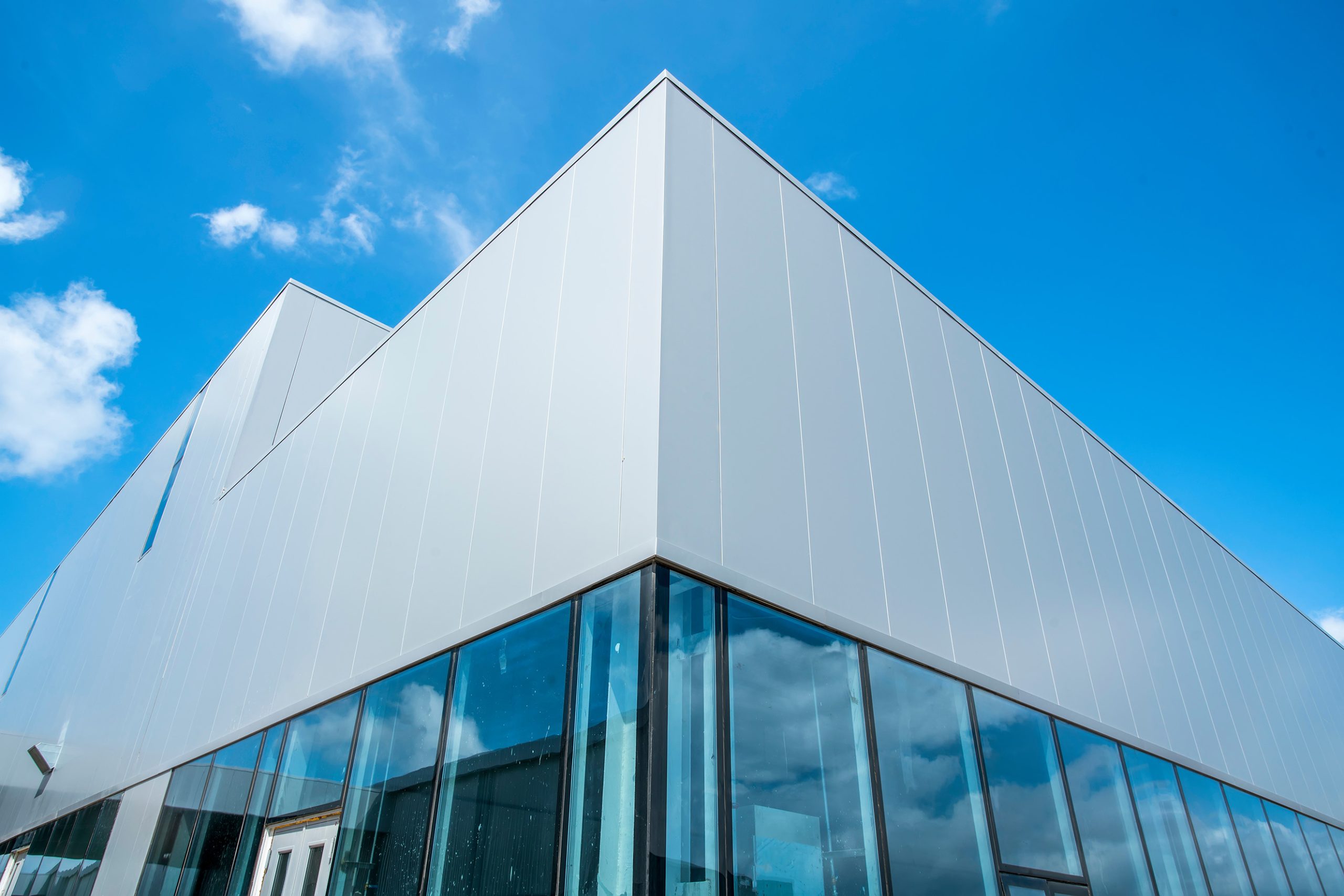Renting a business property is a big money choice that can affect your company for a long time. Before you sign a lease, you need to check the property’s worth to make sure it fits your company’s needs and money goals. When you take time to figure out what the property is worth, you can make a smart choice that cuts down on risks and boosts the money you might make from your occupation.
Figuring out how much a commercial property is worth to your business involves taking a close look at many things. You need to check everything from where it’s located and how easy it is to get to, to what shape it’s in and how much people want it. This guide will walk you through how to size up a commercial property’s worth, step by step. It’ll help you make a smart choice before you sign on the dotted line.
Things to Think About When Sizing Up a Commercial Property’s Value
Checking Out Where the Commercial Property Is and How Easy It Is to Get There
Where a commercial property is located has a big impact on its value. Think about how close it is to main roads, public transport, and potential customers. Look at the area around it, including other businesses that might help yours, how many people walk by, and if it looks nice overall. Check how easy it is to get to and from the property, like if there’s enough parking, places for loading and unloading, and if customers and workers can enter and leave without trouble.
Checking the Physical State and Upkeep of the Commercial Property
Take a close look at the commercial property’s physical state, including the building’s structure, systems (like HVAC, plumbing, electrical), and any needed renovations or upgrades. Check the property’s overall upkeep, including how well the landscaping is done, how clean it is, and any signs of wear and tear. Get to know what the landlord is responsible for when it comes to maintaining the property and the possible costs linked to any necessary repairs or upgrades.
Get FREE Commercial Property Insights Straight to Your Inbox
- Practical tips to navigate the market
- Success stories from real clients
- Insights into securing the best deals
Join our community today and gain exclusive access to strategies that drive results.
Looking at Market Demand and Competition in the Area
Look at how full other buildings are, what they charge for rent, and how spaces get taken up to get a feel for what people are after. Keep an eye out for new things coming to the area that could change how much the property is worth to you, like new businesses opening up, or what else can be built.
Figuring Out How Much Money You Might Make from the Commercial Property
Work out the possible return on investment (ROI) for the commercial property. Take into account things like rent rates, running costs, and any needed big costs. Figure out how much money the property could make based on factors such as foot traffic, who the customers are, and what kind of business you run. Compare the possible ROI with your overall business goals and money limits to see if the property fits with your long-term plans.

Looking Over the Lease Terms and Working Out Better Deals
Take a close look at the lease terms. Check the rent, how long the lease lasts, any rent increase rules, and what you can and can’t do. Know what you’re responsible for as a tenant, and what the landlord must do. Try to get lease terms that work for your business and your budget. This could mean asking for shorter leases, chances to renew, or money to improve the space.
Getting Help to Value and Check the Property
Hire experts like commercial property experts, and Building Surveyors to give the property a thorough check. These professionals can give you useful insights and advice to help you make a smarter choice.
Make a Smart Choice Before You Sign a Lease
When you take a close look at what a commercial property is worth, you can make a smart choice that fits your business goals and budget. This guide has shown you how to check the location, physical state, market demand, and possible return on investment for a commercial property. It’s also pointed out why it’s crucial to review lease terms and talk to experts.
Get in touch with us at The Lease Negotiator to move forward with finding the right commercial space for your company. Our experts can give you a full property assessment and help you navigate the rental process to make sure you choose what’s best for your business.




